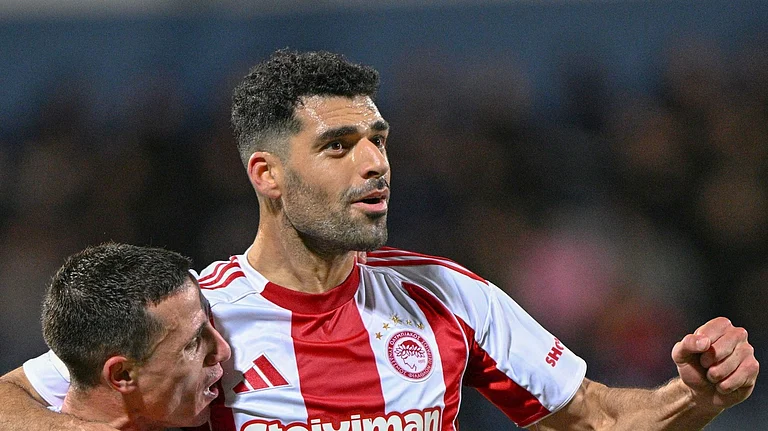RUSSIAN President Boris Nikolayevich Yeltsin’s aides and advisers must be tired of repeating the same lines about their boss: "He still has his thumb on the nuclear button. He is totally in control of both his faculties and his country. He is still the President."
Yeltsin, 62, is in hospital with a condition technically known as ischemia, which restricts the supply of blood to the heart. Symptoms include breathing difficulties and chest pains. When a similar condition laid him out for two weeks four months ago, the government claimed it was a ‘routine’ check-up. It took days of media speculation before news of his ‘actual’ condition was released. Later, a photograph showing the president diligently clearing files from the hospital bed was released. The picture, unfortunately, turned out be one taken long before he was admitted to hospital.
This time, it took just two hours before the world found out that Yeltsin was in Moscow’s Central Clinical hospital once again. Ill, but alive. That, however, did not stop the British House of Commons from mourning his ‘death’ following a report from an enthusiastic but misinformed Tory backbencher.
Ever since he became president in December 1991, Yeltsin has been plagued by reports of ill-health and alcoholism. There was the time his plane landed at Dublin for a meeting with the Irish premier last year. Yeltsin refused to get off his aircraft, which soon left for Moscow. Stress and jet lag, said his aides. Alcohol, yelled others.
With parliamentary elections set for December 17, and the more important presidential polls scheduled for June next year, the latest stroke leaves Yeltsin with his back to the wall. And though he is not unfamiliar with that position, this time he may find it a lot tougher to wriggle out.
The man who convincingly won the presidency in 1991 and a subsequent referendum in 1993 now finds his popularity rating a meagre 10 per cent, and still falling. This is not surprising since he failed to build on his reputation and does not have a mass base, says Professor Devendra Kaushik, chairperson of the Centre for Soviet and East European Studies, Jawaharlal Nehru University.
Yeltsin also faces dissent from within. His half-hearted threat to replace Foreign Minister Andrei Kozyrev backfired with Kozyrev making dark allusions to ‘antiwestern’ forces gathering strength in the Kremlin. There may be some truth in these charges, since the West acted rather arbitrarily over the airstrikes in Bosnia, which were conducted without consulting Moscow. The NATO blueprint for expansion eastward, which the Kremlin finds unacceptable, added salt to the wound.
Chechnya, "a short, minor war" expected to bolster Yeltsin’s sagging popularity, did just the opposite. The Election Commission’s decision to ban the liberal Yabloko party—led by popular pro-free market economist Grigory Yavlinsky—may be the final straw. Aware of all this, Yeltsin’s would-be successors are girding for battle.
Leading the fray is Prime Minister Viktor Chernomyrdin. But apart from his Our Home is Russia party not doing too well in the run-up to the parliamentary polls, he is accused by the army of pulling out of Chechnya moments before a "decisive victory". According to Kaushik, another man to watch out for is Moscow mayor Yuri Luzhkov, who has now turned anti-reforms.
If the second term results and opinion polls in other former Communist states are anything to go by, leftists stand to gain in the elections to the Russian Lower House. Other hopefuls include Alexander Lebed, an Afghan war veteran and one of the leaders of the nationalist Congress of Russian Communities.
So what are Yeltsin’s options? The former Communist warhorse has already flaunted his blatant disregard for democracy. So if the tide turns against him, even bloodshed cannot be ruled out.





















